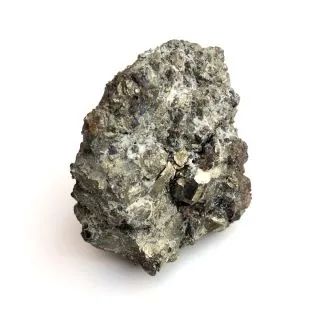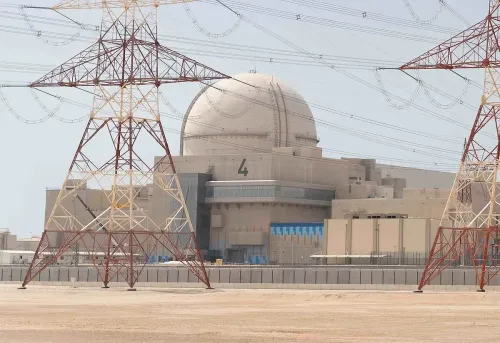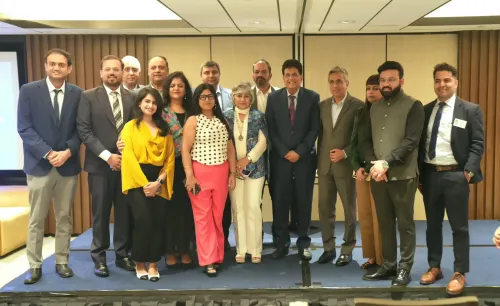Are Reports on Private Entities Mining Atomic Minerals Accurate?

Synopsis
Key Takeaways
- Government denies private mining claims
- Strict regulations governing atomic minerals
- OAMDR Act limits rights to government entities
- Commitment to transparency and national security
- Clear framework for atomic mineral operations
New Delhi, Aug 6 (NationPress) The government has refuted claims indicating that it has allowed private entities to engage in the exploration and extraction of atomic minerals such as uranium and thorium from the country's offshore territories by issuing the Offshore Areas Atomic Minerals Rules, 2025.
The Ministry of Mines described these media claims as misleading and factually incorrect.
The Offshore Areas Atomic Minerals Operating Rights Rules, 2025 outlines that the operating rights for atomic minerals can only be granted to the government, government-owned companies, or corporations, excluding private enterprises.
“It is crucial to emphasize that Parliament has amended the Offshore Areas Mineral (Development and Regulation) (Amendment) Act, 2023, making it effective from August 17, 2023,” the ministry stated.
The first proviso to Section 6 of the OAMDR Act, 2002 explicitly prohibits granting exploration licenses, composite licenses, or production leases for atomic minerals (listed in Part B of the First Schedule to the MMDR Act, 1957) to anyone other than the government, government companies, or corporations, subject to conditions set forth by the Central Government.
Furthermore, Section 35 of the OAMDR Act, 2002 empowers the Central Government to draft rules for effectively implementing the Act. The Offshore Areas Atomic Minerals Operating Rights Rules, 2025 were introduced on July 14, 2025 in partnership with the Department of Atomic Energy (DAE), which is responsible for overseeing atomic minerals.
“These regulations outline the procedure for granting operating rights exclusively to the government, government companies, or corporations.
Given these facts, the media reports seem to diverge from the actual provisions, laws, and regulatory frameworks concerning atomic minerals in India,” the ministry added.
The government reiterated its commitment to transparency, compliance with legislative requirements, and ensuring that the exploration and extraction of atomic minerals are conducted under stringent regulatory oversight in line with national security and policy objectives.









